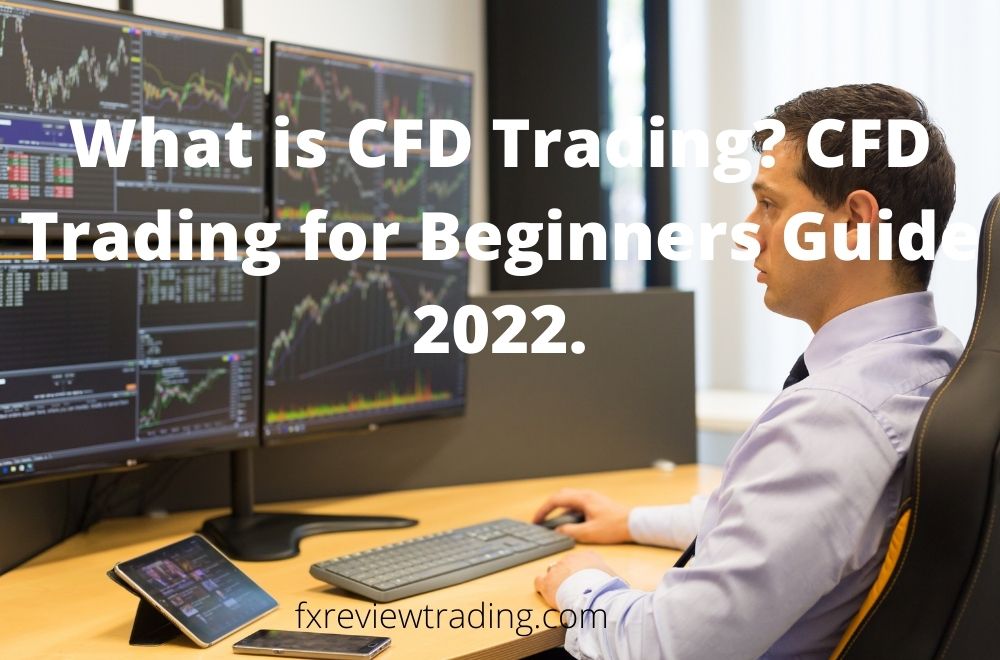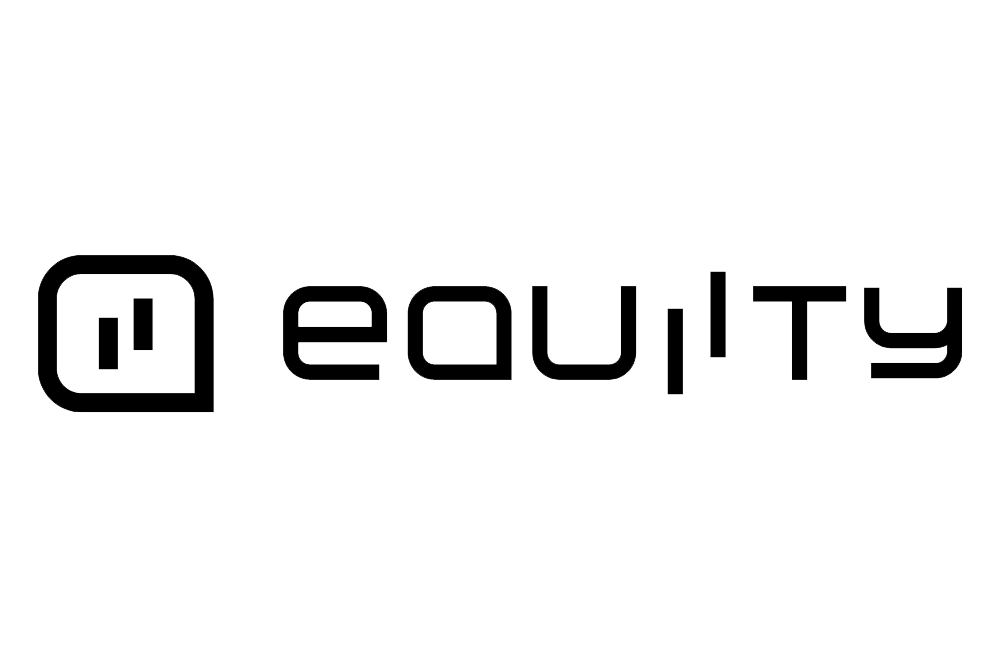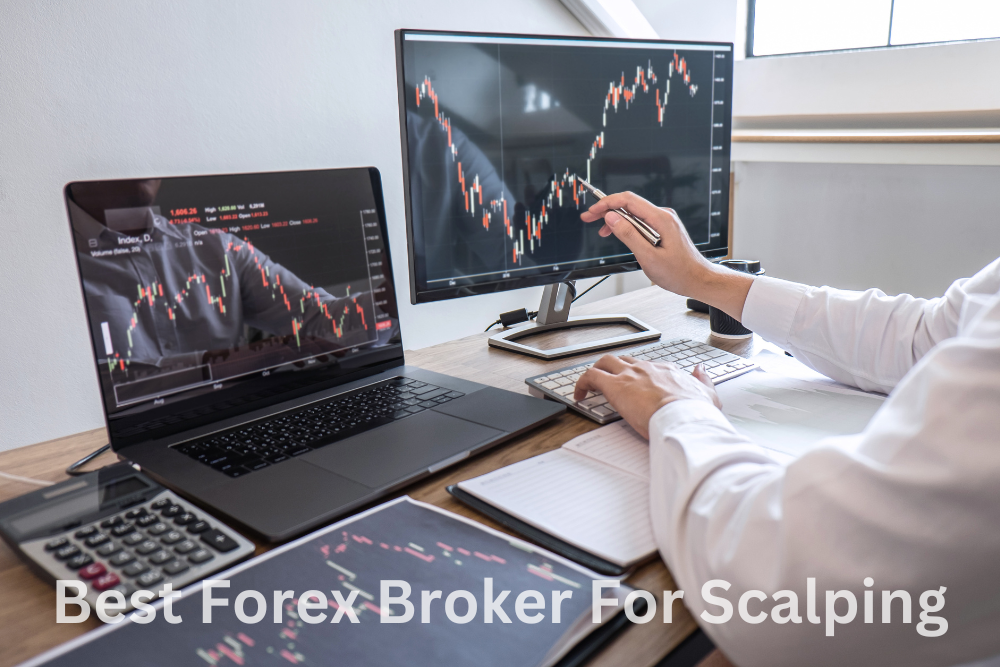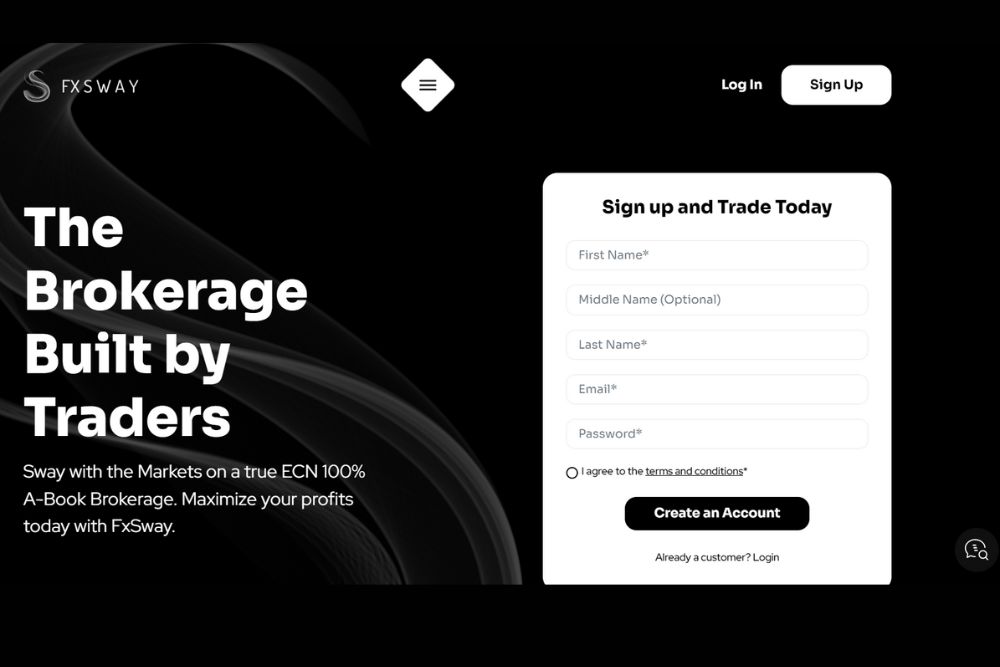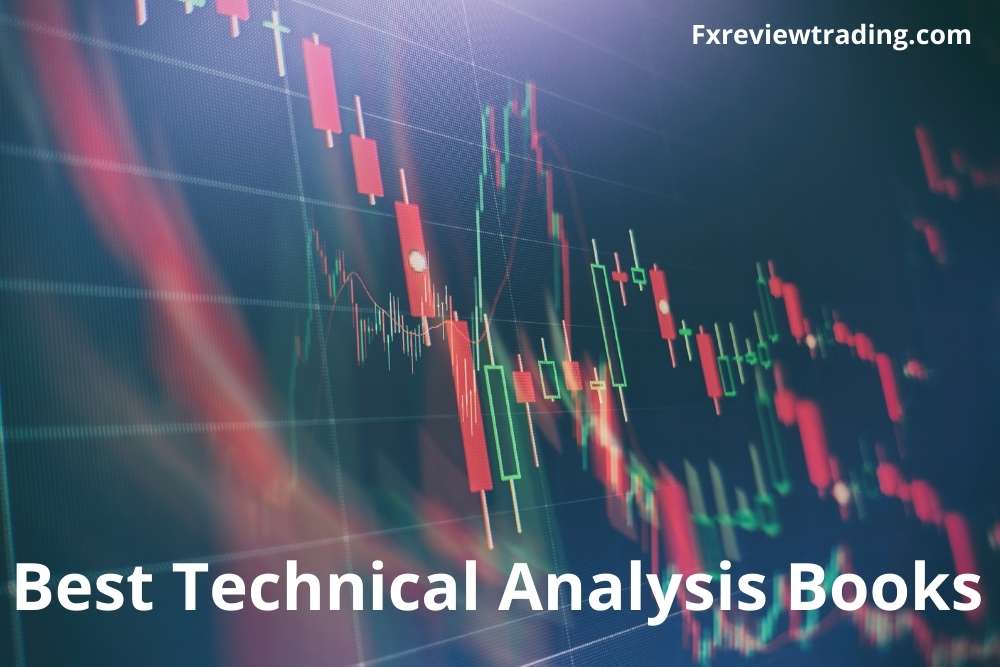CFD trading is an online investment space. It is financially dense that it can appear confusing to the untrained eye. However, the multi-trillion-pound CFD market is at the forefront.
Traders can invest in an asset with CFDs without owning it in its most basic form. Instead, you are assuming the future price of the asset.
Fancy finding out what is CFD trading for beginners and why you may decide to include them in your long-term investment goals? If so, be sure to read our CFD trading guide. Within it, we cover the pros and cons of CFDs, how they work, what they allow you to trade, and much more.
What is CFD Trading?
Contract-for-difference, or said ‘CFD’, is a financial instrument that allows you to trade an asset or group of assets without the need for it. Instead, you are just assuming whether you think the asset’s price will go up or down. CFDs are a helpful trading instrument because they can represent any asset class.
CFD is based on real-time financial market prices. When you trade one, you acquire the same exposure as if you had purchased the asset it tracks.
However, you are purchasing a contract rather than investing in the market. And that contract allows you to trade the price difference between when you open and end your position on an asset.
For example, let’s say you wanted to trade gold. It is a nightmare to physically purchase and store gold to make a profit in the traditional sense. The same is true of other hard assets like oil and natural gas. Yet, CFD covers thousands of assets.
Whether it’s stocks and shares, ETFs, futures, cryptocurrencies, energies, interest rates, or indices – you’ll find CFDs. Whereas you do not own a particular asset, CFDs allow you to trade the asset in much the same way.
How do CFDs work?
CFDs are easy to trade as a beginner once you know what you are doing, and it’s elementary to understand. This is because CFDs work much like any other traditional instrument. Once you have decided where you think your chosen asset will move the markets, do one thing, place a trade and determine where your exit point is.
To explain CFD trading for beginners, first, I have to clarify how CFDs work. So let’s take an example:
CFD Trading Example: HSBC Shares
It is believed that the prices of HSBC shares are increasing in a very short period. As you are only looking to place a short-term trade, it would not make sense to buy the shares in the traditional sense. However, you get hit with massive fees that will potentially destabilize trading in doing so. So instead, you decide to buy HSBC shares in the form of a CFD.
- You buy 10 x CFDs at £10 per share
- Your total trade size is £100 (10 x £10)
- Later that day, the price of HSBC rose to £12 per share.
- You decide to sell your CFDs, and you sold them.
- As you sold the CFD for £2 that you paid (£12 – £10), you made a total profit of £20.
Can Beginners do CFD Trading?
If you trade an asset in the traditional financial markets, you can be all but certain a CFD exists. The big reason for this is that CFDs only track the real-world price of an asset. For example: If the Gold prices increase in the global market by 3%, the CFDs for gold will also increase by 3%.
We listed some of the most popular CFD assets below:
- Shares Stocks and Shares
- Interest Rates
- Hard Metals
- ies energy
- Futures
- Options
- Cryptocurrency
Fees of CFD Trading for Beginners
You have to use an online broker like PrimeFin to engage in CFD trading. Although we will cover the advantages and disadvantages of how to choose a CFD broker later in our guide, it is important to know what trading fees you should be aware of fees you have to pay.
Commission
CFD brokers are aimed to earn money. Thus, you may have to pay a trading commission every time you buy and sell CFDs. It is likely to be charged as a percentage of the amount you trade if you do.
For example, let’s say you buy a CFD worth £1,000, and the broker charges a 1% fee. This means you have to pay a commission of £10. In addition, you will also need to pay a commission if you decide to sell your CFDs. For example, You sell the same CFDs worth £1,500; you would pay £15 in Commission.
Spread Out Fees
Beginner traders often overlook a detail, especially when CFD brokers provide Fees-Free trading. However, the Spread is the type of fee that you will pay indirectly. The ‘buy’ price and the ‘sell’ price difference in its most basic form is called Spread.
example: If you want to do natural gas trading with the buy price of $51, and the selling price is $50, this represents a spread of 2%. Therefore, you need to see at least a 2% increase in the value of your trade, even to break out. That is why you need to choose a CFD broker that offers super-tight spreads.
Overnight Financing
If you want to trade CFDs on leverage, you need to consider overnight financing because when you buy or sell a CFD at leverage, you are effectively borrowing money from the broker in question. That is why the broker allows you to trade with more money in your trading account.
As such, overnight financing on CFDs works widely in the form of debt. However, you have to pay a small percentage of interest, which is charged unless you hold the position open for 24 hours as leverage plays an important in CFD trading.
How did CFD leverage work?
For those CFD trading beginners who can take high risks, leverage allows you to trade more than what is available in your brokerage account. On the one hand, it increases your profits if you feel confident about a particular trade. On the other hand, however, leverage is an extremely high-risk trading tool, as you can equally amplify your losses.
When using leverage on your trades, you need to decide how much you want to apply. It is expressed as a factor, such as 2:1, 5:1, or 20:1. It would be best if you multiply your ‘margin’ by the factor to determine how much your trade is worth.
Mitigating/Minimising the Risks of CFD Trading
It would be best if you considered CFD trading risks like any other area of the online investment scene. Importantly, if a trade does not pan out as expected, you will lose money. However, there are many tools that you can use to reduce the overall risk for your lost CFD trade. At the leading edge of this is a stop-loss order.
Stop-loss orders
Stop-Loss order refers to the most important tool to reduce your chances of losing money. It allows you to automatically exit a trade when a certain price-point is triggered in its most basic form. For example, if you are short of gold, but tensions in the Middle East cause the price to rise sharply, a stop-loss order can limit the amount you can lose.
How to Choose CFD Trading Brokers?
CFD Trading beginners have to understand what CFDs are, how they work, what risks you need to consider, how we’re going to explore what traders need to look for when choosing a broker. Note that all brokers are not the same, so you need to assess what is important.
Evaluate the following factors before opening a new CFD broker a/c:
Regulation
The most important metric you need to look at is whether the CFD broker is regulated or not. For example, if you are in the UK, the broker must be authorized by the Financial Conduct Authority (FCA).
If it is not, the broker does not have a legal remedy to operate. It is also worth mentioning if the CFD broker holds a license in other jurisdictions.
Payment
First, consider how you want to fund your CFD broker account. Most brokers will accept debit or credit cards, as well as bank transfers. Some brokers also allow you to deposit funds through e-wallets. You also need to look at the deposit/withdrawal times with specific payment methods.
Fees
Fees should be at first priority on your list when assessing whether a broker is right for you. We prefer brokers that offer tight spreads and offer Commission-free trading.
If you plan to trade on leverage, you also need to check the overnight financing fees that will apply.
Financial Instruments
When it comes to the trading area, you need to determine which asset class the CFD broker hosts. The best CFD brokers usually offer thousands of financial instruments. For example: If you prefer to trade the stock market indices, check to see how many brokers exchange lists.
Research
Research tools are a must, whether you are a beginner trader or a seasoned investor with years of experience under your belt. If you rely on fundamental analysis while doing CFD trading, this is extremely useful.
The best CFD brokers provide real-time news updates, analysis reports, and the ability to trade strategies on a particular asset.
CFD Trading for Beginners – Step by Step Guide
Want to get started with a CFD trading account today, but not even sure what you need to do? Check out the CFD Trading for Beginners guidelines which we have mentioned below:
Step 1: Choose a CFD Broker
To start trading CFDs, you need to use an online broker like PrimeFin, as we said above. Hundreds of regulated CFD brokers are active in the UK space, so the choice is plentiful. Simultaneously, we will also refer to the above section as ‘How to choose a CFD broker?’ I would recommend reading on.
Step 2: Open Trading account
Moving towards the second step, you need to open a trading account with your chosen CFD broker. First, enter some personal information, including your name, date of birth, home address, national insurance number, and contact details. Ensure the information is correct, as you need to verify it later on.
Provide information about your financial situation. This includes your employment status, annual income, and whether you own or rent your home.
Step 3: Prior Trading Experience
To remain FCA compliant, UK CFD brokers must ensure that they understand the risks of trading. As such, you will be asked a series of questions about your prior trading experience – such as the type of assets you have previously invested in and the average size of your trades.
Step 4: Verify your Identity
Before you can deposit funds to start trading as a beginner, you have to verify your identity as a trading beginner. This ensures that the broker is compliant with FCA and UK anti-money laundering legislation.
The verification process is so easy, and you only need to upload a few documents. In many cases, you will need to upload a copy of your passport or driver’s license and address proof, such as a bank statement or utility bill.
Step 5: Deposit Money
You can fund your CFD broker account once your identity is verified. Supported payment methods will vary from broker to broker, although this usually involves minimum bank transfers. Credit and debit cards are likely to be accepted. In some cases, a CFD broker may allow you to deposit funds through an e-wallet.
Step 6: Start Trading
Congratulations – you have prosperously opened a CFD brokerage account and deposited funds as you verify your identity. Now, You are prepared to start trading. However, if you are a CFD Trading beginner in the CFD space, you are advised to trade with small amounts.
Although some commentators would suggest using a demo account, it has drawbacks. Demo accounts will not prepare you for losing money and bearing risks. All traders will have experienced this; it is best to start your CFD career with Micro-stakes.
Conclusion
If you have read our complete guide, now you really should have an idea of what CFDs are, and what risks you need to consider during Trading, how they work? The CFD sector can facilitate most of your long-term investment goals with the right risk-mitigation strategies. CFDs abled you to buy and sell assets like stocks and shares, indices, interest rates, ETFs, or cryptocurrencies at the click of a button.
We have also guided you on the importance of choosing a CFD broker. You need to go with a PrimeFin broker that meets your individual needs. This platform charges super-low fees.
Read the PrimeFin Review.
What is PrimeFin?
- Your reliable guide to investing in more than 350 assets as per your trading plan.
Is PrimeFin legit or a scam?
- PrimeFin is not a scam as it is a quite legit broker and ready to advise you on gold ETFs.

